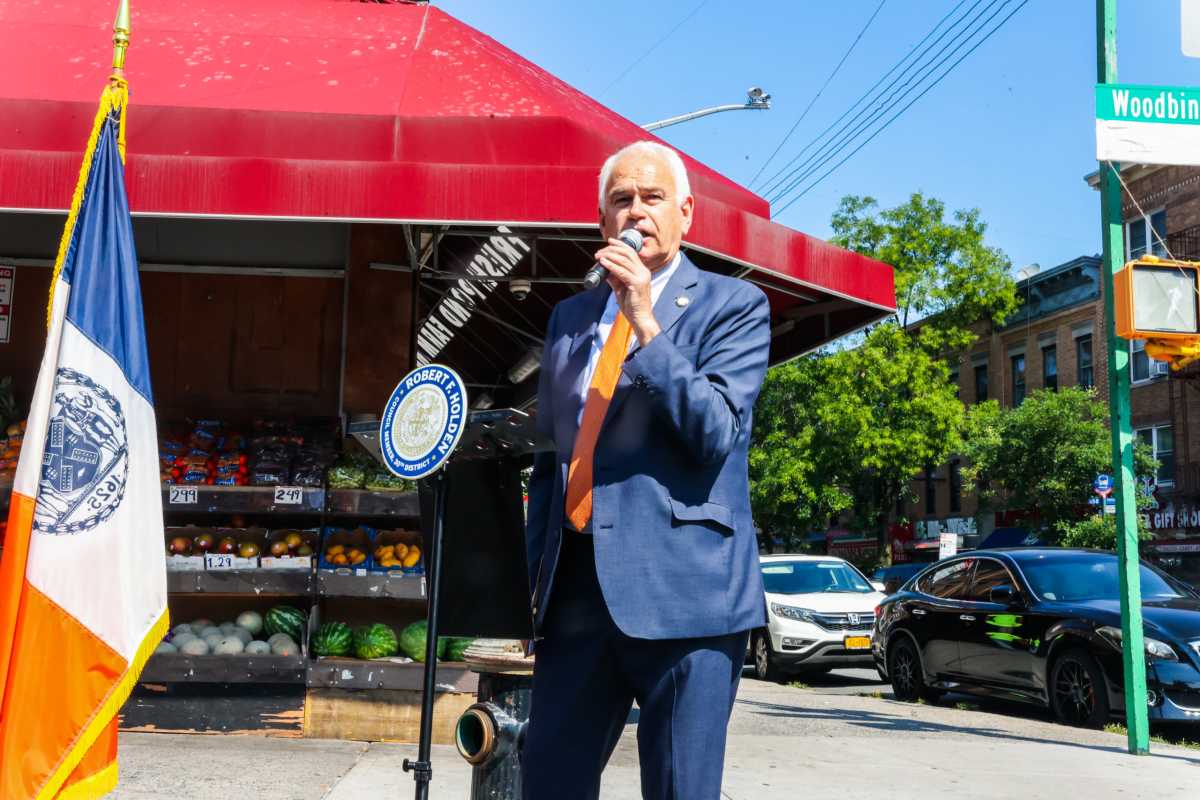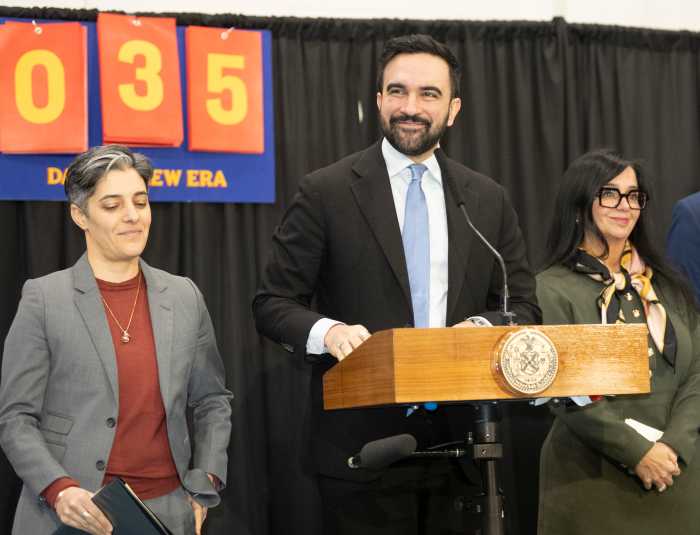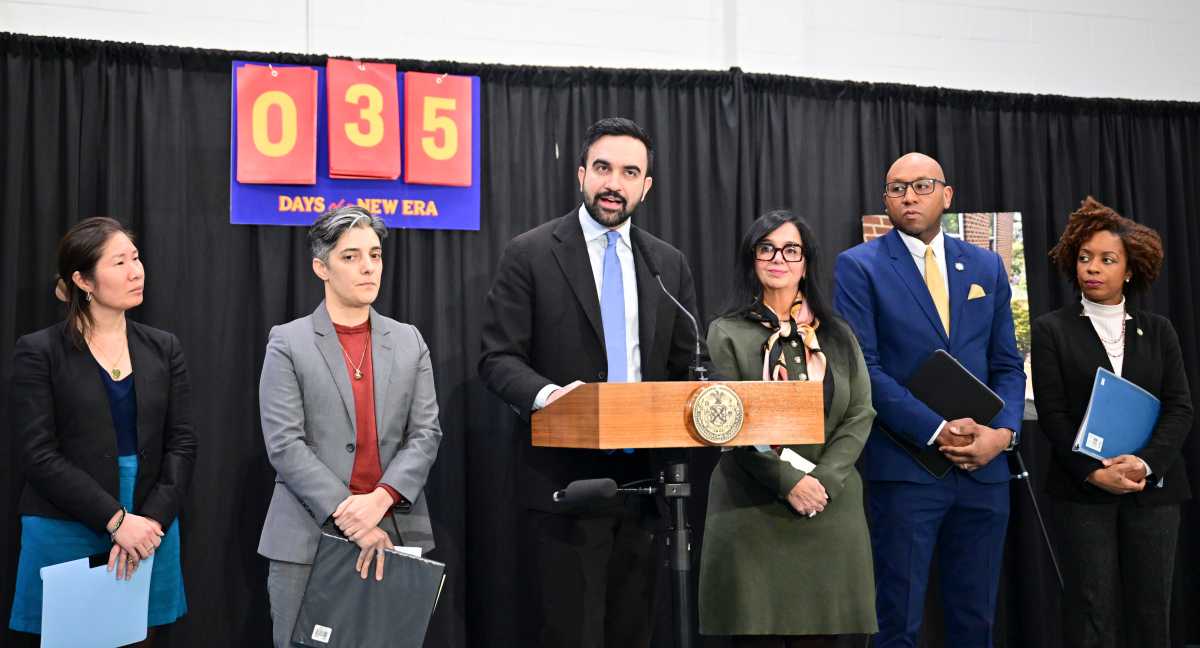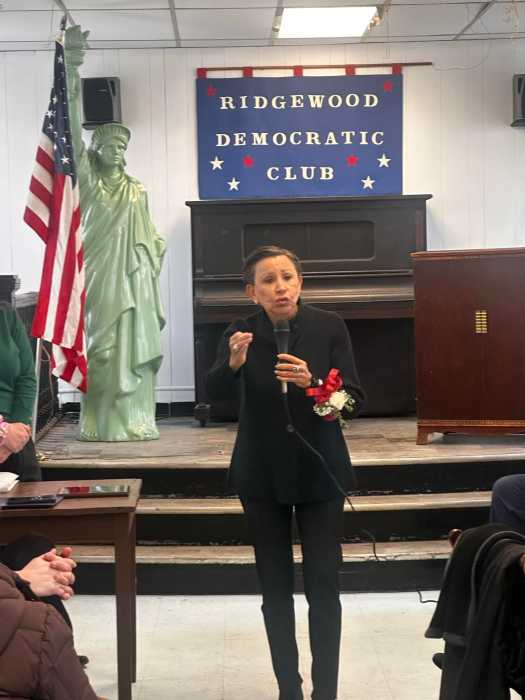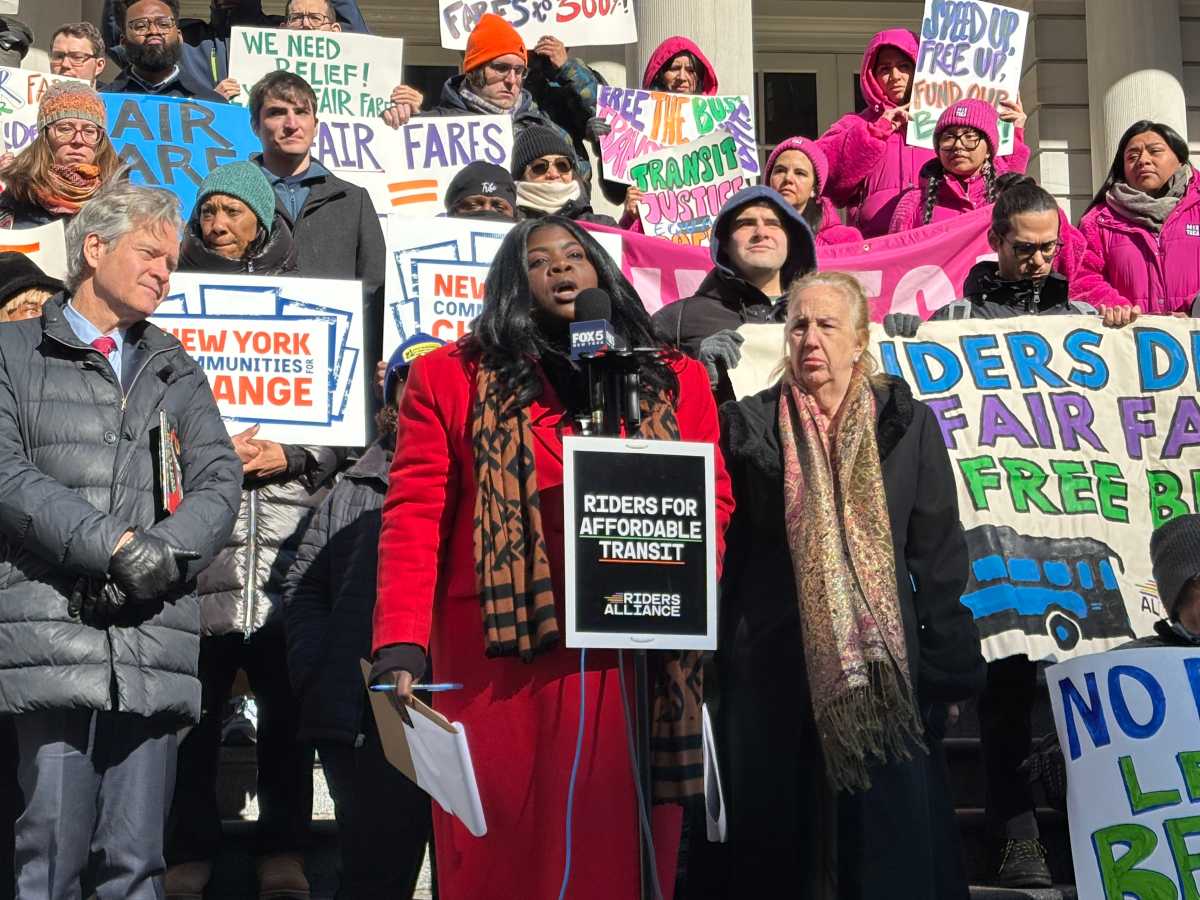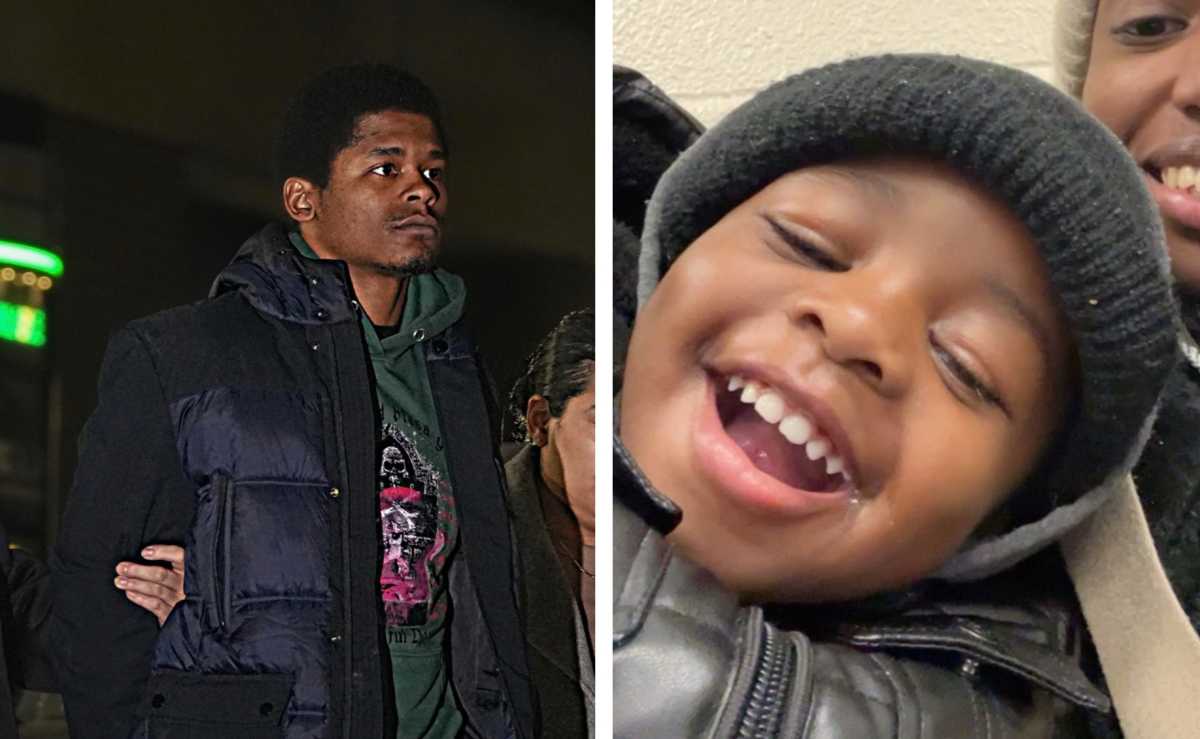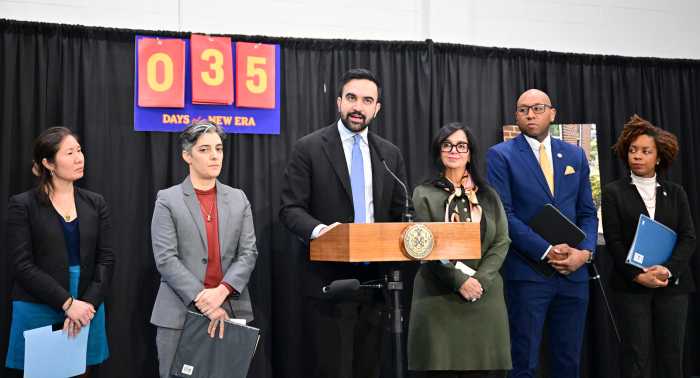While Queens Council Member Robert Holden commends NYC Mayor Eric Adams’ work on supporting New Yorkers living with untreated severe mental illness and experiencing homelessness, he is emphasizing a need for further action.
Mayor Adams, on Nov. 29, announced that more than half of the hardest-to-reach New Yorkers — documented on a “Top 50” list by the Coordinated Behavioral Health Task Force — were moved from the streets and into the care of a hospital or similar institution a year after the city’s plan to tackle severe mental illness was announced.
The mayor also shared that homeless outreach staff referred 70% more people experiencing homelessness to a shelter during this fiscal year compared to 2022. Additionally, the placement of approximately 1,000 people from Safe Haven and stabilization beds were moved to permanent housing this year, which is more than double from last year, the Mayor added.
“One year ago, we made a commitment to New Yorkers that the days of ignoring the mental health crisis playing out on our streets were over,” said Adams. “I’m proud that a year into this effort, we have made progress helping and housing a significant number of those most in need of care and support.”
Holden, who serves on several committees, including the Committee on Public Safety and the Common Sense Caucus, pointed to the underutilization of assisted outpatient treatment and Kendra’s Law in the city’s plans.
“I commend Mayor Adams for addressing severe mental illness, but more must be done to incorporate assisted outpatient treatment, otherwise known as Kendra’s Law,” Holden said in a statement. “These individuals are at risk of causing harm to themselves or others and Kendra’s Law is key to helping those unable to help themselves, ensuring they receive the necessary care for recovery.”
Kendra’s Law, a New York state legislation enacted in 1999, allows for court-ordered assisted outpatient treatment (AOT) for certain people with a history of mental illness and treatment who are unlikely to survive safely in the community without supervision, according to the state Office of Mental Health.
The law was named after Kendra Webdale, a writer and journalist who was killed in 1999 after being pushed in front of a New York City subway train by a man, Andrew Goldstein, with a history of mental illness and hospitalizations.
More incidents involving subway riders being pushed onto train tracks have mirrored what was the cause of Webdale’s death in 1999. In one instance, in mid October, a 30-year-old woman was critically injured after being thrown onto the tracks by a man who had a long apparent history of drug abuse.
However, Kendra’s Law and its use throughout the years remains a topic of controversy to many. Last year, the New York Civil Liberties Union released a document called The Dangers of Kendra’s Law, in which they explain how the piece of legislation takes away an individual’s right to accept or refuse treatment.
In City Council, Holden made efforts to increase the Department of Mental Health and Hygiene’s transparency when it comes to Kendra’s Law and in enacting other measures to combat the mental illness crisis.
Introduced last year, Holden’s bill (Intro 793) mandates detailed reporting by city agencies and hospitals on the referrals made for individuals to assisted outpatient treatment programs under Kendra’s Law. It also requires the disclosure of the number of referrals, petitions filed, and resulting court orders.
In a resolution brought forward by Holden (Res 88) it urges the U.S. Congress and the president to fully repeal the Institutions for Mental Diseases Exclusion from the Social Security Act. It will further enable states to utilize federal Medicaid funding to offer mental health and substance use disorder treatments to adult Medicaid beneficiaries in Institutions for Mental Diseases.
Another resolution (Reso 115) calls on the state Legislature and the governor to pass legislation adding a “gravely disabled standard” to the civil commitment law. The resolutions will further strengthen mental health intervention measures, according to the resolution summary.
Holden represents the neighborhoods of Glendale, Maspeth, Middle Village, Ridgewood, Woodhaven and Woodside in the City Council.

